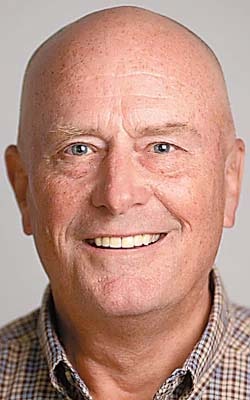Originally published April 19, 2023 in the Daily Republic.
By Stephen Davis
There were many notable events during my first year in junior high in 1962; however, my enrollment in Mr. Purdy’s PE class was the most memorable.
Mr. Purdy was a legendary PE teacher. A Korean War vet, he stood ramrod straight at 10 feet tall (from a 12 year old’s perspective) with a square jaw that looked like Fort Knox and biceps that resembled giant grapefruit. Mr. Purdy was a strict disciplinarian with a heart of gold. Misbehave and you were toast. Toe the line and he’d always have your back.

Mr. Purdy’s approach to teaching PE was akin to a special forces boot camp. Concerns for physical fitness, wellness or lifelong appreciation for physical activity weren’t on the instructional radar screen in those days, with one exception — on rainy days PE class was held in the gymnasium where we had to play dodge ball with semi-inflated volleyballs. Otherwise PE in 1962 was primarily about learning how to play traditional team sports like football, basketball, volleyball and baseball.
Since the 1960s, decades of research have revealed that PE when taught comprehensively has a profound impact on the cognitive, emotional and social development in children of all ages. University of Naples researcher Laura Mandolesi explains that “physical education induces structural and functional changes in the brain, determining enormous biological and psychological benefits.”
For example, in addition to myriad health benefits, a comprehensive PE program can increase learning, memory, attention, concentration, decision-making, creativity, self-esteem, and overall wellbeing. Physically fit children also perform better academically in virtually every subject, including on standardized tests.
The Centers for Disease Control adds that for adults a lifetime of physical activity greatly reduces the risk of dementia, anxiety and depression. In addition, physically active adults may accumulate a reserve-like neurological advantage which supports an enduring preservation of cognitive function in old age.
PE programs today strive to develop both the mind and the body. Students acquire a wide range of physical skills in addition to a deeper understanding of how regular physical activity and proper nutrition enhance physical, cognitive and emotional health. Perhaps most importantly, modern day PE cultivates a lifelong commitment to good health practices and a wide variety of physical activities.
Boost Student Wellness with the IHT ZONE heart rate monitor:
[contact-form-7 id=”3054″ title=”How’d you find us?”]


